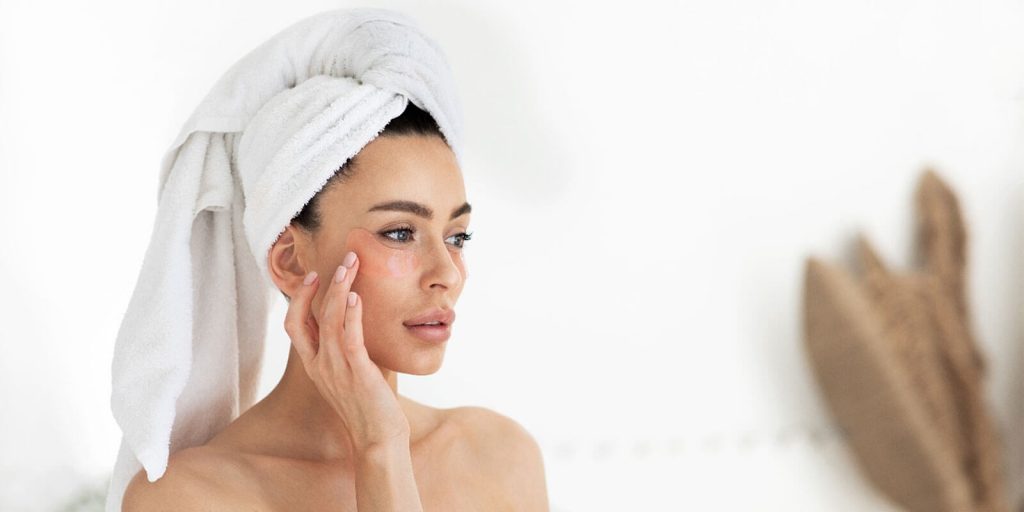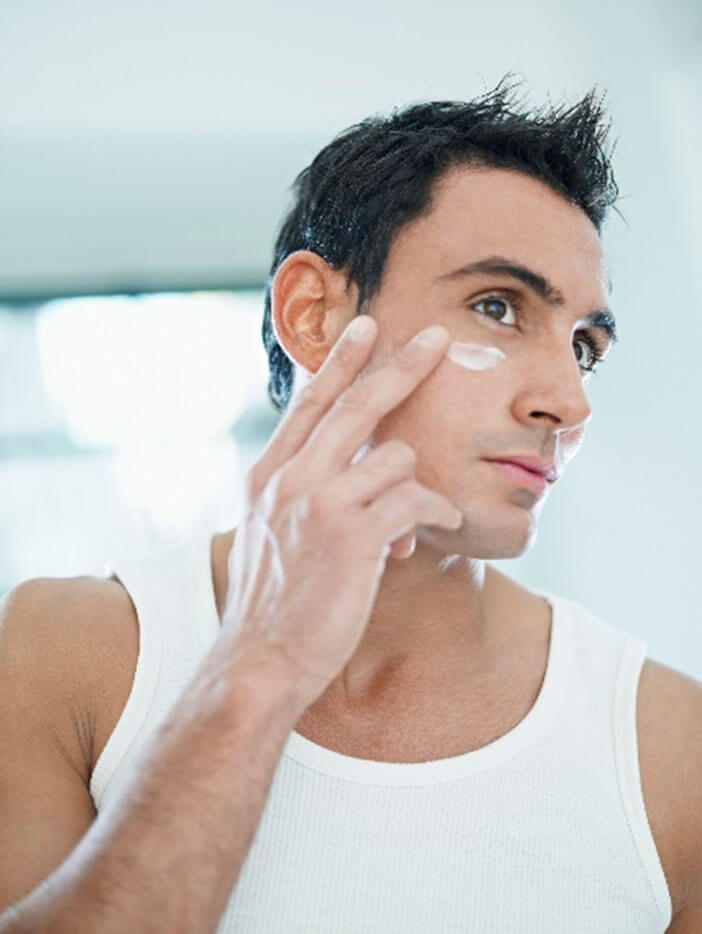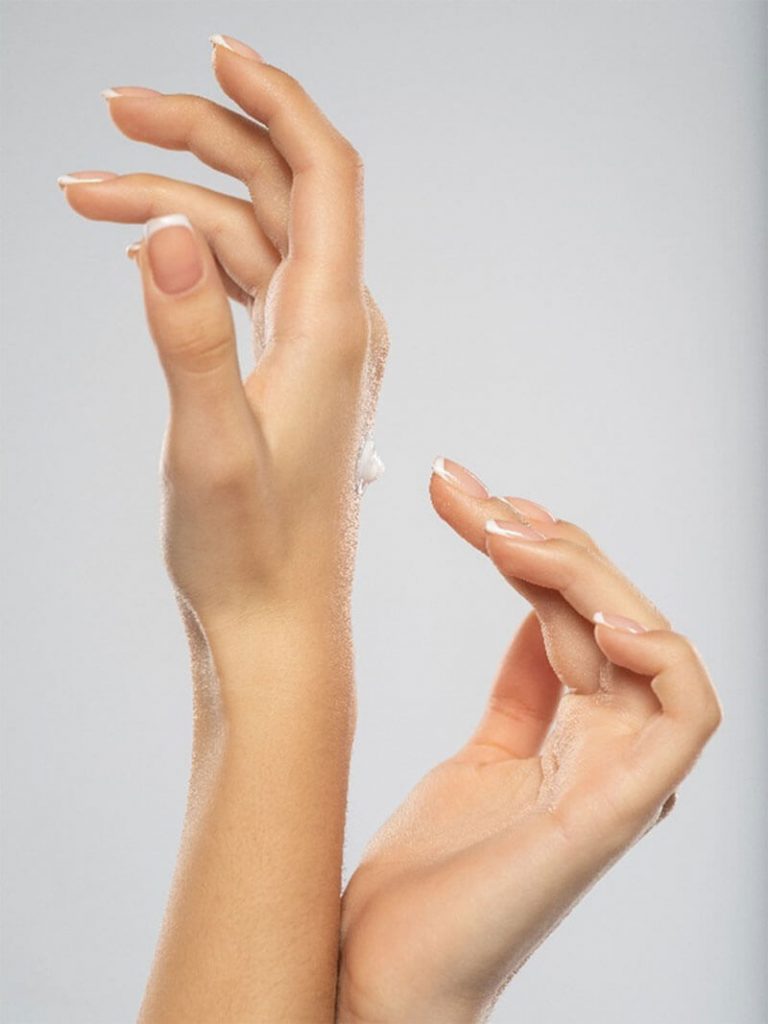Blog
What You Should Know About Sensitive Skin!

What is "Sensitive Skin"?
ANY type of skin can experience sensitivity.
What can I do to take care of my sensitive skin?
1) Cleansing
- From one person to another, sensitive skin responds differently to different cleansing methods. Generally, you would want to avoid cleansers that contain strong detergents. Try using soap-free or mild cleansers that have less potential for facial skin irritation.
2) Moisturizing
- Moisturizing products help to keep your skin from drying and abrasion. It can also give your sensitive skin a boost to repair itself and stay healthy.

What should I avoid if I have sensitive skin?
If you have sensitive skin, you should avoid using products that contain antibacterial or deodorant ingredients, alcohol, lanolin, fragrances, colorants, retinoids, or alpha-hydroxy acids. Try look “skin-friendly” products that have fewer ingredients with little or no fragrance.
When washing your face, do not rub your skin with a towel because it will irritate your skin. Patting it gently will do the job just fine.
For most of us, the worst enemies for sensitive skin are over-washing, over-exfoliating, and hot water. They may irritate your sensitive skin as they tend to strip away your face’s outer protective fatty later.

How do I know if the skincare product is suitable for my sensitive skin?
Using a new, unfamiliar skincare product can be daunting at times. You definitely do not want to trigger a reaction. This is why before you put a product on your skin, always test for a sensitive skin reaction.
- For several days, apply a small amount of the product behind your ear or on your neck and leave it overnight.
- If your skin does not become irritated, follow the same procedure and apply the product on an area alongside an eye.
- If you still do not see any irritation, the product should be safe for your sensitive skin.
Skincare is like dieting; you have to invest time and effort.
Taking care of our skin does sound like a hassle, especially when you have sensitive skin, but let’s be real – there’s no instant miracle cure for your skin.
To take care of your sensitive skin, remember the 3 keywords: gentle, gentle, gentle.



